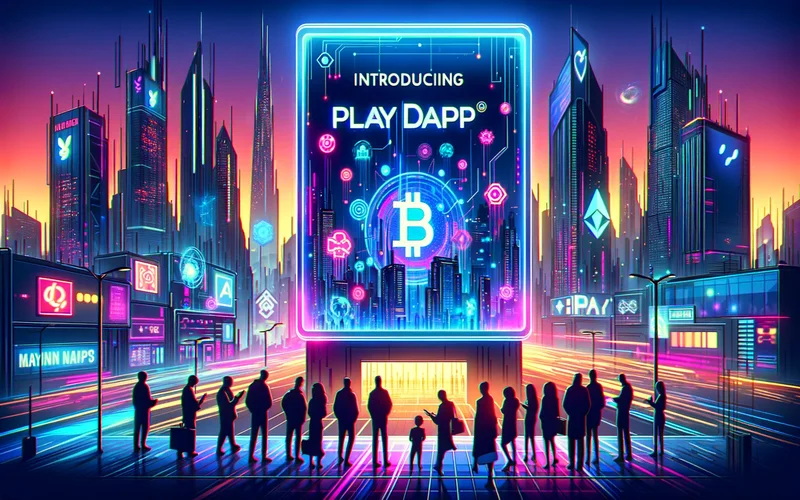The internet age has transformed how we communicate, share information, and manage finances. One of the most significant changes – the rise of social media. This huge development has connected people worldwide like never before.

Key Takeaways
- The internet age has revolutionized communication, with social media emerging as a significant development connecting people globally.
- Social media serves as a vital tool for communication, enabling easy connections and reconnections with old friends.
- Despite its benefits, data harvesting poses significant drawbacks.
- Blockchain technology offers hope for reclaiming control over personal data.
- Platforms like Twetch illustrate blockchain’s potential, enabling users to monetize content while maintaining data privacy.
- While blockchain holds promise, widespread adoption faces challenges such as user habits and the dominance of major tech companies.
- Continued education and user involvement are essential for shaping a better digital landscape and ensuring equitable access and control over personal data.
As of August 2023, about 65% of the world’s population is online, with many spending an average of over 2 hours daily on social media. This widespread usage shows how integral social media has become in our lives.
For many, especially younger generations, social media is essential. It helps us communicate easily, reconnect with old friends, and even form new relationships. The COVID-19 pandemic has also rushed the trend of online dating, highlighting social media’s adaptability.
The growth of social media has also created a booming data economy. Big companies like Facebook and YouTube make huge profits from advertising – all thanks to the vast amount of user data they collect and analyze.
Is Data Collecting Causing Harm?
But there’s a downside to this: data harvesting. Social media platforms collect our data without always being transparent about it. They then use this data to target ads and content to us, enhancing their profits.
Industry insiders shed light on how social media companies make money. Former Facebook executives openly talk about the goal of keeping users engaged for as long as possible to gather more data and attract advertisers.
Downsides of Data Collecting
- Privacy Invasion
- Targeted Advertising
- Algorithmic Manipulation
- Lack of Transparency
- Risk of Exploitation
- Loss of Control
Giving People Power with Blockchain Technology
New technologies like blockchain give us hope of taking control of our data again. With blockchain, we can own and manage our data, making it harder for others to exploit it.
Platforms like Twetch show how this works. They let users make money from their content while keeping their data private and making sure they’re accountable. Using blockchain, these platforms can also reward users with small payments for their contributions, making things fairer and giving users more power.
But even though blockchain sounds promising, it’s not easy for everyone to use yet. People are used to the way things are, and big tech companies still dominate the scene. Projects like Twetch are a step in the right direction, showing that we can have social media and still own our data.
Still, we need to make more people aware and get them involved if we want to see real change. As blockchain grows and develops, we can hope for a future where everyone owns their data, and social media is fairer and more transparent.
As we keep going on this journey, learning and involving users will be vital for making the digital world a better place.
Disclaimer
FAQ
Blockchain introduces enhanced data security, user-controlled privacy, and new monetization methods, fundamentally changing how users interact and benefit from social media platforms.
Benefits include improved privacy, secure data control, and the ability for users to monetize their own content without intermediaries, leading to a more equitable social media ecosystem.
Challenges include scalability, user adoption rates, and the dominance of existing social media giants, which may resist decentralization due to their established business models.



Thanks for your whole work on this web page. My niece delights in conducting investigations and it’s really easy to understand why. We all hear all relating to the dynamic method you produce functional ideas via this web blog and even welcome contribution from other ones about this concept and my girl is without question becoming educated so much. Enjoy the rest of the new year. You have been conducting a good job.